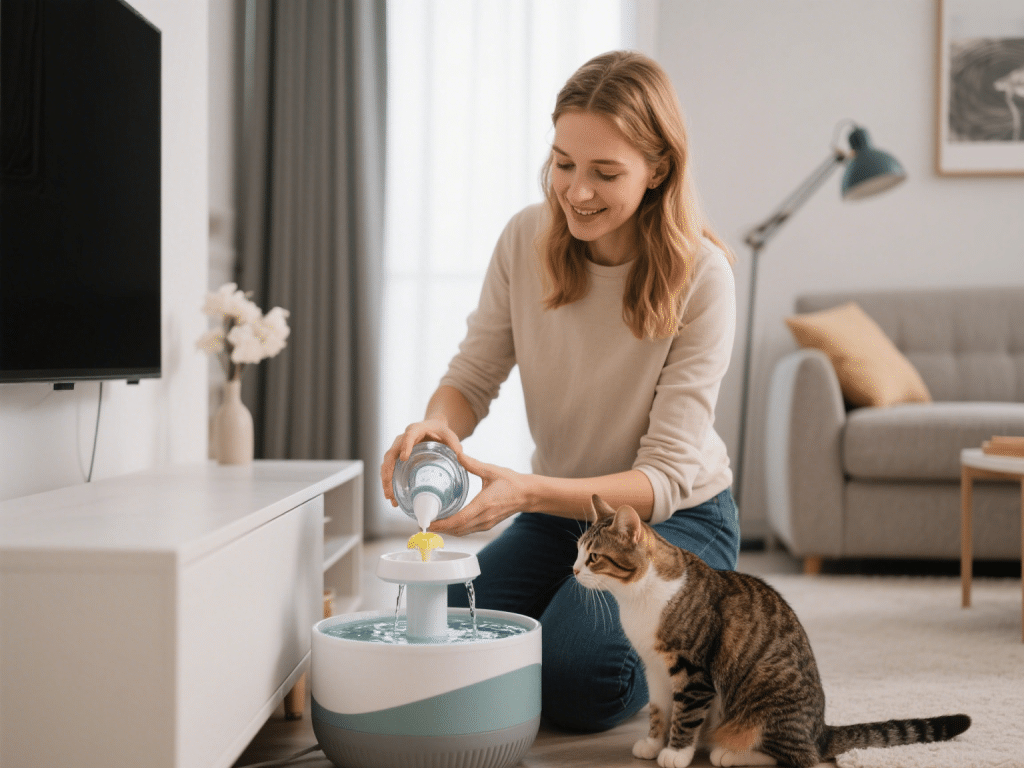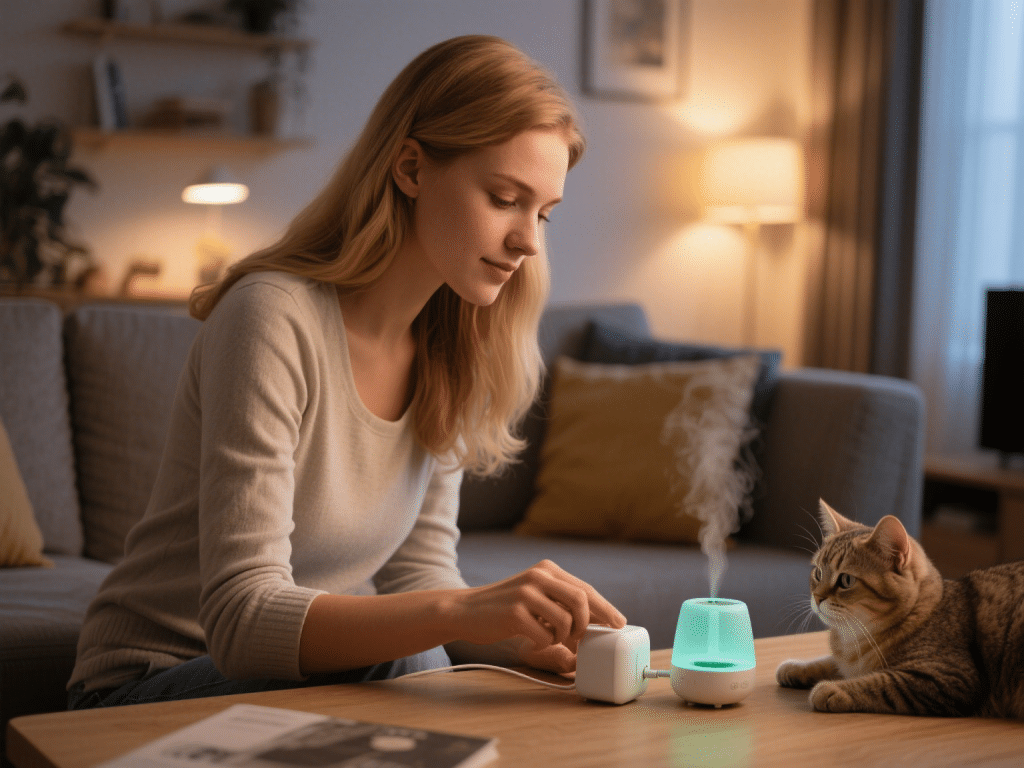RECOMMENDED NEWS

Essential Travel Checklist for Long-Distance Pet Road Trips
With 12 years of experience as a traveling pet lifestyle writer, I understand the challenges of taki...
Read More →
Introducing Solid Food to Kittens: Step-by-Step Weaning Protocol
Weaning is a critical developmental phase for kittens, typically occurring between four and eight we...
Read More →
Effective Natural Remedies for Cat Hairballs: A Vet-Approved Guide
IntroductionHairballs plague up to 85% of cats at least once in their lifetime, especially long-hair...
Read More →
Best Water Fountains for Cats to Encourage Hydration
IntroductionDehydration in cats can lead to urinary tract infections (UTIs), kidney disease, and bla...
Read More →
Safe Essential Oils for Dogs: A Complete Usage Guide
IntroductionAromatherapy can benefit canine well-being when approached correctly. Unlike humans, dog...
Read More →
Homemade Dental Chews for Dogs: Recipes to Support Oral Health
Good dental hygiene is vital for your dog’s overall health — and it doesn’t have to come from ...
Read More →
What to Do If Your Pet Refuses to Eat
IntroductionA sudden refusal to eat in pets can be alarming. Loss of appetite (anorexia) may indicat...
Read More →
Understanding Canine Cognitive Dysfunction: Signs and Support
As dogs age, they may experience cognitive decline similar to dementia in humans, known as Canine Co...
Read More →
How to Entertain a Bored Indoor Cat: Creative Play Ideas
IntroductionIndoor cats often lead sedentary lives, which can result in obesity, stress, and behavio...
Read More →
Comments on "Strategies for Cleaning Your Pet’s Ears Safely at Home" :